Few topics have the built-in narrative allure, or ready-made audience, of real-life crimes. That probably explains why there’s now a glut of true crime documentaries. From serial killer exploitation fare to bizarro stories about increasingly wild subcultures, streamers keep churning out new series hoping to break out of the pack.
Still, not all documentaries get the attention lavished on Tiger King or Making a Murderer (or focus on tabloid-ready crimes like the one at the center of The Staircase). Series that zero in on less famous cases, or a less obvious angle, may not be as splashy, but are often better at capturing the cultural stakes of a crime. So here are five recent (ish) documentaries you might not have heard of yet but you won’t be able to stop watching when you start.
The Witmans (Investigation Discovery, 2020)
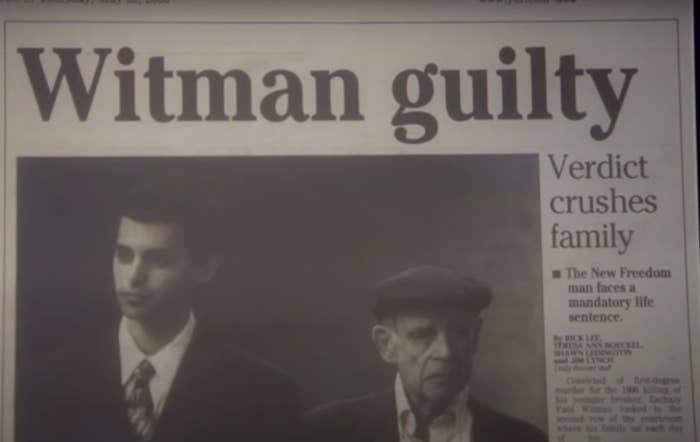
Like many true crime followers, I first heard about the Witman murder case in the Serial podcast. Sue and Ron Witman were interviewed about being duped by Adnan Syed’s lawyer, Cristina Gutierrez, whom they’d hired to represent their son, who was accused of murdering his brother.
At the time, there was already a documentary short circulating online about the grief-stricken parents, and it was hard not to be haunted by their story. In 1998, their 13-year-old son, Greg, was dropped off by the school bus at their suburban Philadelphia home, only to be violently stabbed to death in the laundry room.
His 15-year-old brother, Zachary, was the only other person in the house at the time, and police quickly zeroed in on him as the lone suspect. They believed the evidence — including a small knife buried in the backyard — pointed to him. The Witmans refused to plea-bargain, and Zachary was ultimately convicted and sentenced to life in prison without parole.
The Witmans chronicles the entire story, mostly from the parents’ perspective. They argue that their defense attorney (who replaced Gutierrez) didn’t present a strong case — failing to specifically contest the prosecution’s forensic experts with their own, for instance. There are many unanswered questions about Zachary’s guilt, but the documentary is more of an intimate portrait of a couple facing a horrible tragedy.
It also captures the way the crime impacted the family and neighborhood. Even 20 years after the murder, the parents never left the home where it took place, and Sue Witman kept her son’s room intact. In one scene, a neighbor waves at them and the couple bitterly notes how his testimony at the trial aided their son’s prosecution. (The neighbor claimed he hadn’t seen any strange cars around their street the day of the murder.)
Zachary ultimately agreed to a deal in 2018, pleading guilty in exchange for a release for time served. While there are glimpses of an unjust juvenile system — he was only able to get release thanks to a court ruling overturning life-without-parole sentences for juvenile offenders — they ultimately feel tacked on. Still, in the final moments of the show we witness the now-adult son’s homecoming, and while some questions might linger for viewers, the family arc gets dramatically effective closure.
Outcry (Showtime, 2020)
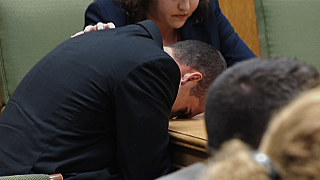
Perhaps because this story ends with an exoneration and appears mostly settled, the case of Texas high school footballer Greg Kelley hasn’t quite made the rounds of true crime Reddit.
Still, it’s surprising that Outcry, a five-part Showtime series by Emmy-winning director Pat Kondelis, never really got the attention it deserved. It methodically deconstructs the incompetence of a small-town police department and the failures of the criminal justice system as it unravels how Kelley came to be wrongly convicted of sexual molestation.
From the start, Kelley insisted on his innocence and went to trial, but ultimately took a plea deal and was sentenced to 25 years in prison. The series chronicles the story of how Kelley, his lawyer, his mom, and his girlfriend (who stayed by his side) all tried to get him cleared.
Kondelis started filming before Kelley’s exoneration, and he had no idea where the case would go. But it’s a wild ride. At the time of the accusation, Kelley had been staying at the house of a friend (and teammate) whose mother ran an in-house daycare. We get a ringside seat as evidence mounts against that teammate, and we witness a dramatic betrayal by Kelley’s original defense attorney.
We also catch glimpses of the online supporters drawn to his story, and in some ways the series is a commentary on the way attractive, middle-class defendants can garner sympathy and support that helps put pressure on authorities.
One of the most resonant scenes shows Kelley’s mother (an immigrant from Guatemala) powerfully calling the cops to account in a town hall meeting after his exoneration. Though Kelley has gone on with his life, the documentary’s message about the failures of the criminal justice system and police arrogance and corruption will stay on your mind long after the end of this particular story.
A Wilderness of Error (Hulu, 2020)
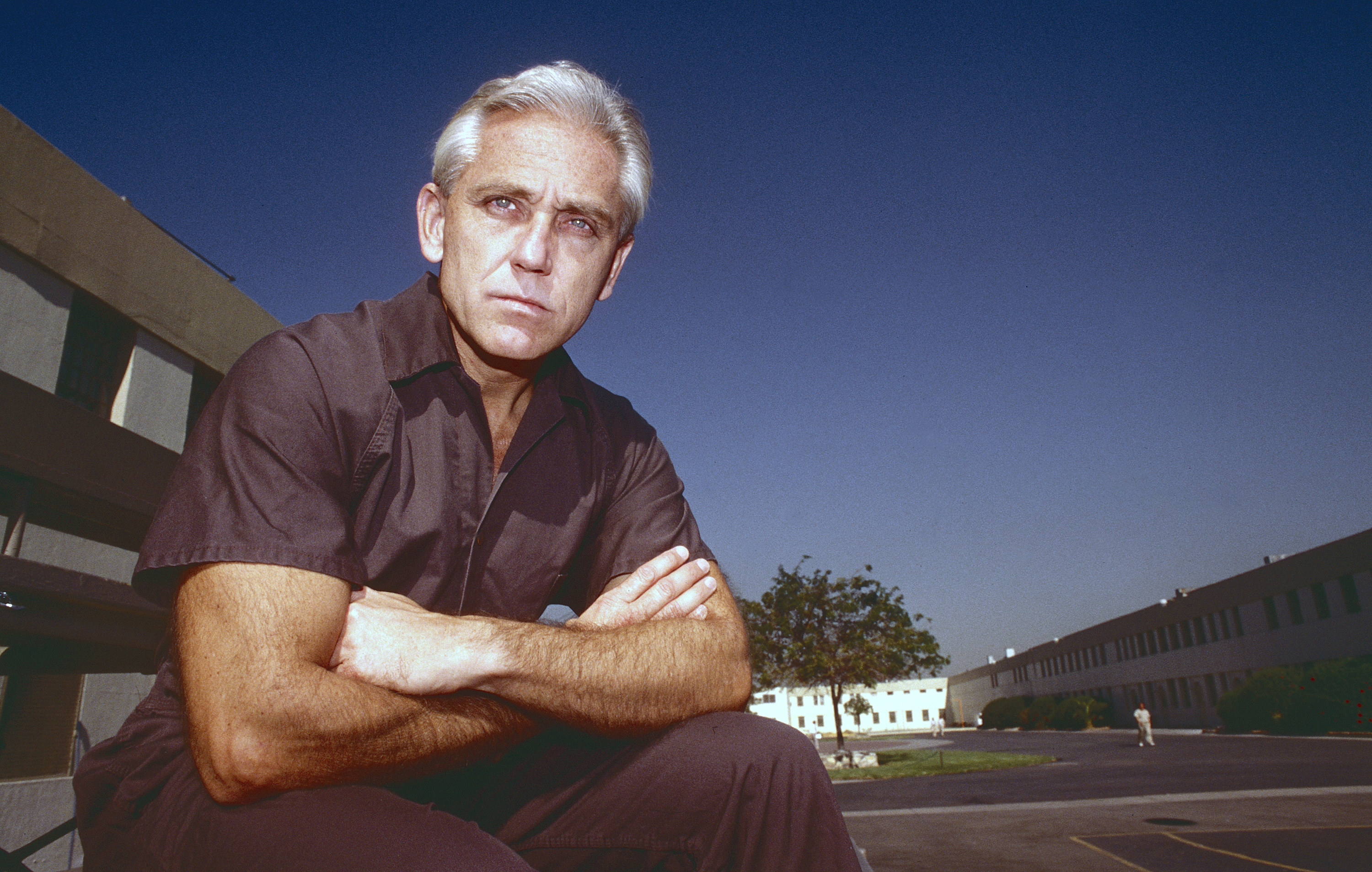
Before the explosion of discourse and documentaries about so-called family annihilators (like Colorado husband and father Chris Watts), there was Jeffrey MacDonald.
The Princeton-educated doctor and former Green Beret was accused of murdering his pregnant wife and two daughters one night in 1970. He claimed intruders had come into their army base home chanting “kill the pigs” and slaughtered his family in a Manson-like copycat killing spree; he was gravely injured. Initially supported by his in-laws, he was acquitted by a military court.
It was his subsequent publicity tour to raise awareness of the unsolved murder (including an appearance on The Dick Cavett Show) that renewed prosecutors’ interest. Eventually he was tried and convicted, and the case has been endlessly relitigated ever since. It was already the subject of Joe McGinniss’s famous bestseller Fatal Vision, which argued for his guilt, then Janet Malcolm’s The Journalist and the Murderer, about the questionable ethics of McGinniss’s book, and, subsequently, entire books debunking MacDonald’s conviction.
The most recent book, A Wilderness of Error, was written by director Errol Morris, famous for his exoneration-sparking documentary about another murder, The Thin Blue Line. Morris’s book inspired Marc Smerling (Oscar-nominated director of Capturing the Friedmans and coproducer of The Jinx) to take a look at the case. And this five-part series offers the most comprehensive look at the entire story so far, complicating even Morris’s conclusions pointing to MacDonald’s innocence.
Did MacDonald get a fair trial or was there police and prosecutorial coercion? Was Helena Stoeckley, the “woman with a floppy hat” who admitted to being present at the murder scene, and whom MacDonald claimed he saw that night, a fabulist or a troubled woman trying to tell the truth about what she had witnessed? This documentary answers some questions, raises others, and is a reminder of the fragility of truth in the crime genre.
Killing for Love (Sundance and Hulu, 2016)
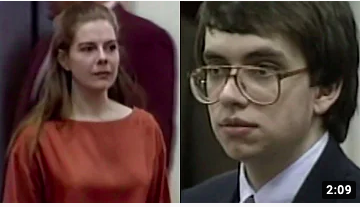
When privilege, romance, and murder collide, the results can be gory, but impossible to look away from. Killing for Love chronicles the intertwined fates of Jens Söering and Elizabeth Haysom, two University of Virginia students and lovers convicted of orchestrating the murder of Haysom’s parents in 1985.
Haysom’s claim that her mother sexually abused her was the impetus for the killing, but it was never clear who actually committed the murders. She pleaded guilty to being an accessory after the fact. Söering confessed to the murders, but later claimed he had no involvement in it and was covering up for Haysom because he believed, as a son of a German diplomat, he would be extradited and save her from the death penalty.
Haysom maintains her ex-boyfriend is guilty, but DNA evidence and a witness who saw the driver of the getaway car points to someone other than Söering.
Killing for Love features interviews with Söering and his advocates. (A previous New Yorker article on the story also included Haysom’s perspective.) They were both recently paroled and deported back to their home countries of Canada and Germany, but the story remains a fascinating whodunit, and this documentary is an absorbing chronicle of clashing motives. Someone is lying, and we might never know who and what about.
Long Shot (Netflix, 2017)
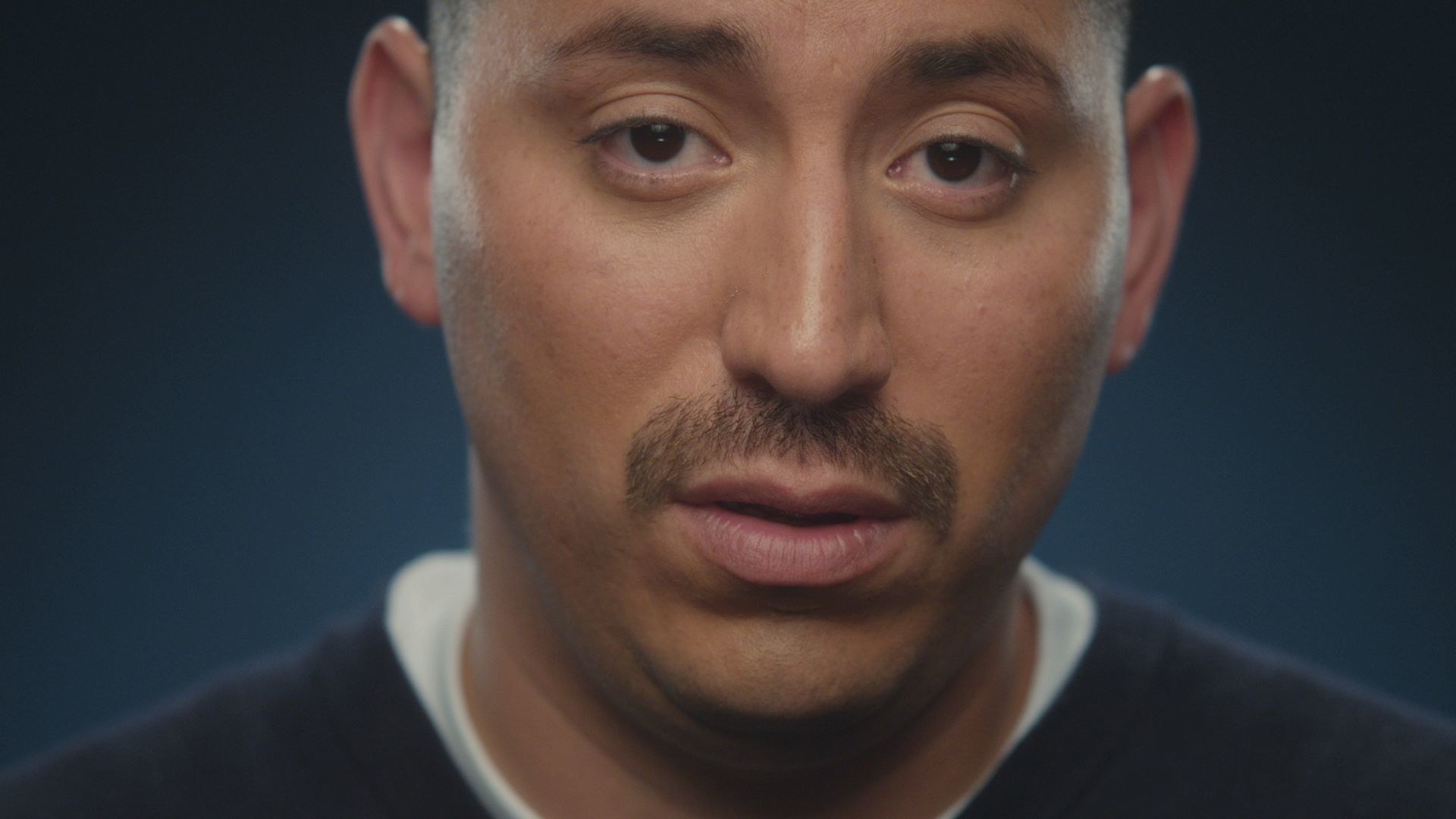
While most true crime series tend to suffer from being overly bloated in the streaming era, this is a short but effective look at a case that never ultimately went to trial.
Juan Catalan, a 24-year-old Latinx man who worked in his family’s Los Angeles machining business, was accused of murdering 16-year-old girl Martha Puebla. (She had been a witness in his brother’s trial for murder.)
Cornered in the police headquarters, Catalan was told by detectives that the main witness to Puebla’s murder had positively identified him as the killer, and that a composite looked just like him. Shocked by the accusation, he didn’t initially remember his rock-solid alibi: that he had been at a Dodgers game.
Prosecutor Beth Silverman, necropolitically nicknamed “the sniper” for her record on death penalty cases, didn’t believe the alibi and pursued the charges, despite Catalan producing ticket stubs and his daughter testifying about getting an ice cream at the game. It was only footage from a Curb Your Enthusiasm crew filming at the game that day that saved Catalan. (He eventually filed a lawsuit for police misconduct and was awarded $320,000.)
Though a compelling drama, this documentary also raises serious questions about prosecutorial overzealousness and police corruption that powerfully speak to the cultural moment.●
